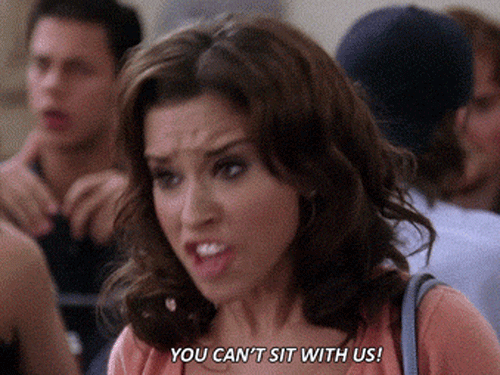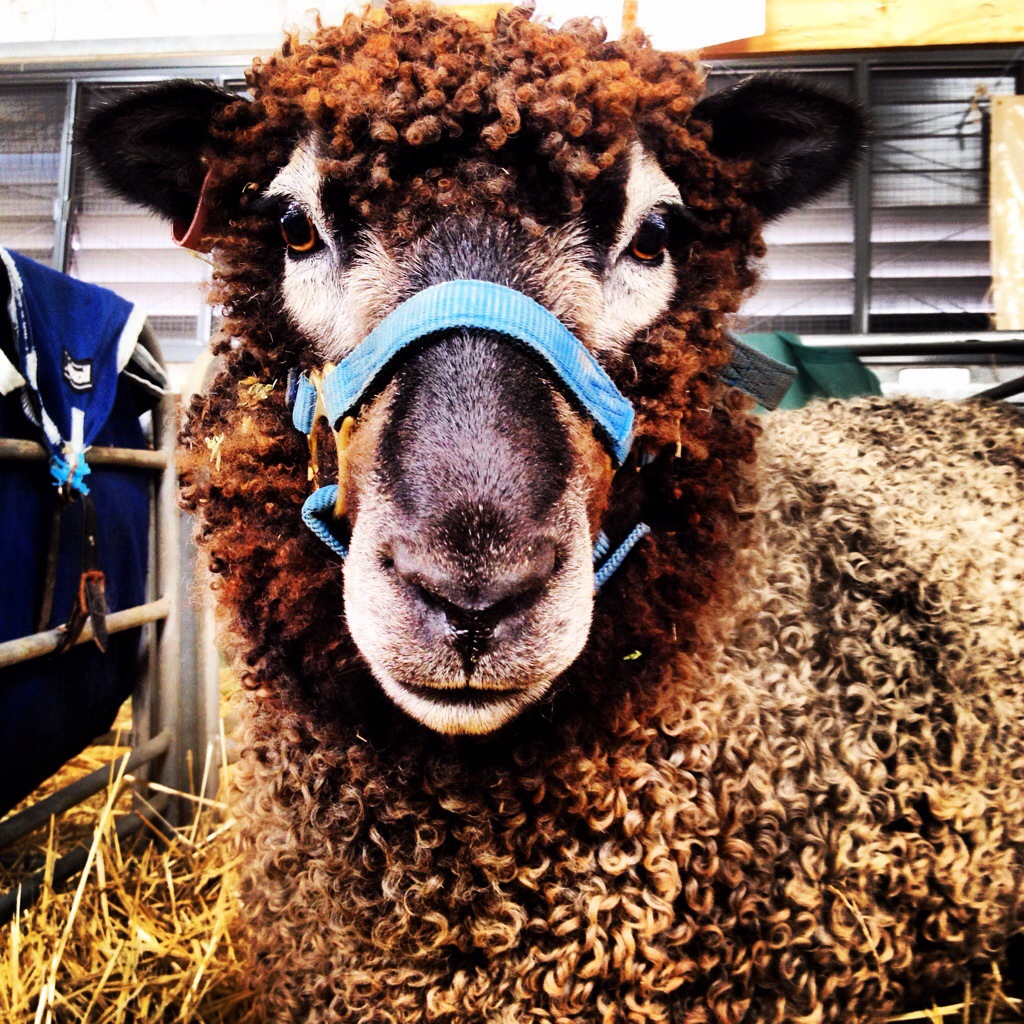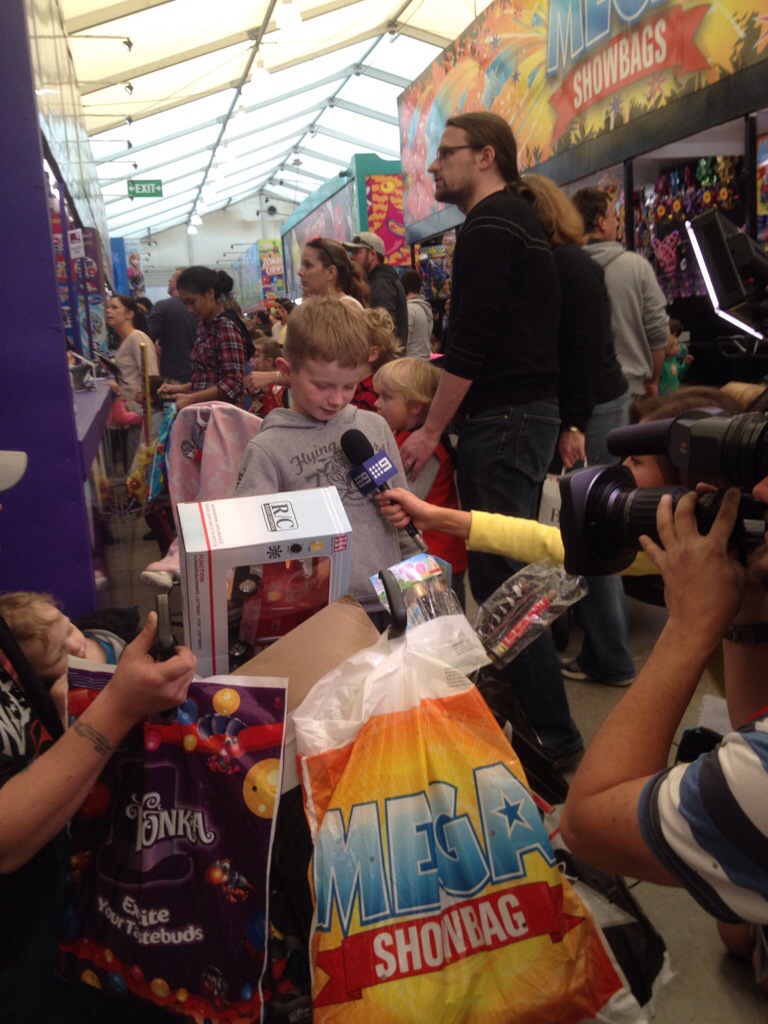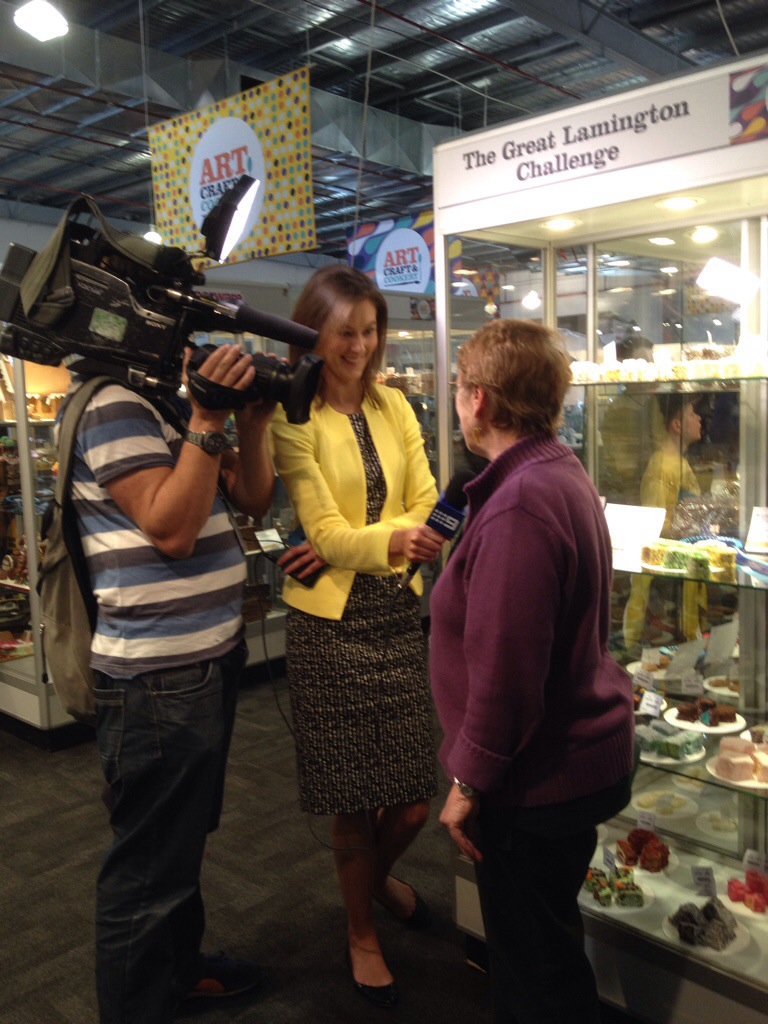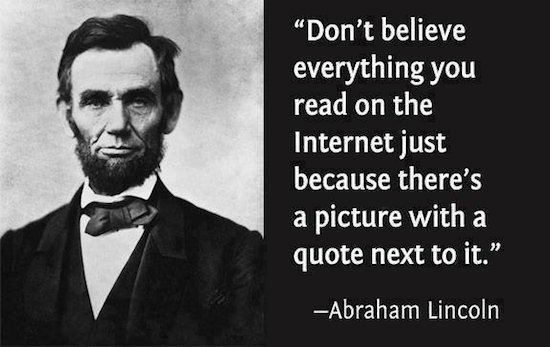
As briefly discussed in my early blog post the propaganda model tries to explain media behavior by looking at certain pressures that influence and limit news content.
Edward Herman and Noam Chomsky first introduced the model in 1988 in their book Manufacturing Consent: The Political Economy of the Mass Media.
The propaganda model argues that news passes through five filters before the population sees or reads about it. These filters control what events are deemed ‘newsworthy’, how they are covered, where they are placed within the media and how much coverage they receive.
In today’s climate of online news I find it interesting to see how this model has changed and if it still applies today. It gives another interesting perspective on the question are online media sources less trustworthy, or has the news always been untrustworthy? Sorry once again for my cynicism, I really need to be more of a glass half full person.
These are the five filters:
1. Ownership
Concentrated ownership (think Rupert Murdoch in Australia) of mass media firms share common interests with other sectors of the economy, and therefore have a real stake in maintaining an economic and political climate that is favorable to their profitability. They are unlikely to be critical of policies that directly benefit them. Therefore these money hungry media owners (aka Rupert) click their fingers and anything that is not conducive to them and their money making ventures will not appear in their publications.
2. Funding/ Advertising
Advertising is a primary source of funds for media outlets. It would be against the interests of these news outlets to produce content that might provoke advertisers. For example if a large company, that has an advertising contract with a certain media company, does something that would usually be considered ‘newsworthy’ (for example an oil spill), it may not be covered by news sources at the risk of losing the advertising contract and the consequential funding.
3. Sourcing
This refers to a reliance on information provided by “expert” and official sources. Elites, such as business leaders, politicians and government officials are typically viewed as credible and unbiased sources of information. This pool of reliable sources are often needed for news stories and to report something negative that would affect these sources would be to risk losing them as an ally.
4. Flak
Flak refers to negative commentary to a news story that can work to police and discipline journalists or news organizations that stray too far outside the consensus. Flak includes complaints, lawsuits, petitions or government sanctions.
5. Anti-communism and Fear
This filter calls to the public’s need of an external enemy or threat. Although called anti-communism, this filter still applies today, especially since the events of 9/11 and consequential war on terror. This filter directs the population against a common enemy, for example terrorism, while demonizing adversaries of state policy as unpatriotic or as being ‘in bed’ with the enemy.
This model really confuses my opinion on trustworthy news sources. In my previous blog I had come to the conclusion that we can’t trust anything that we read on the Internet as any Joe Blogs can write something and call it ‘news’. Now I feel as though I can’t trust anything we read in mainstream mass media, thank god for the era of the blogger.
So I’m once again signing off my blog as being confused. University is once again hurting my brain.

